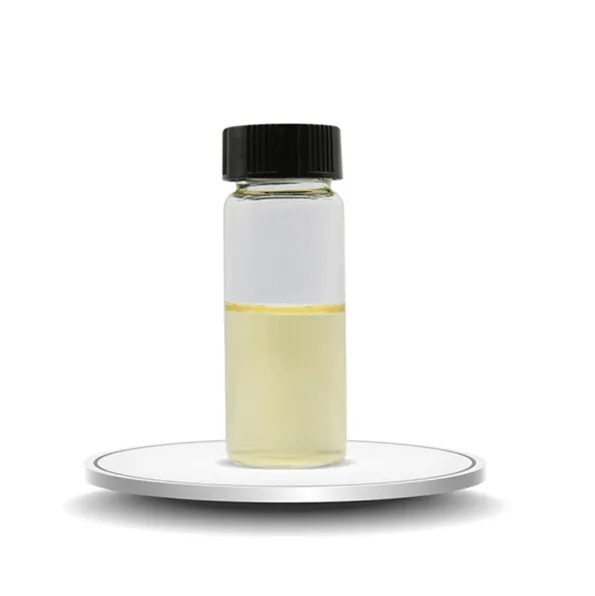 Email: sale@hebeidisha.com
Email: sale@hebeidisha.com
 Tel: +86 13315186550
Tel: +86 13315186550
- Afrikaans
- Albanian
- Amharic
- Arabic
- Armenian
- Azerbaijani
- Basque
- Belarusian
- Bengali
- Bosnian
- Bulgarian
- Catalan
- Cebuano
- China
- China (Taiwan)
- Corsican
- Croatian
- Czech
- Danish
- Dutch
- English
- Esperanto
- Estonian
- Finnish
- French
- Frisian
- Galician
- Georgian
- German
- Greek
- Gujarati
- Haitian Creole
- hausa
- hawaiian
- Hebrew
- Hindi
- Miao
- Hungarian
- Icelandic
- igbo
- Indonesian
- irish
- Italian
- Japanese
- Javanese
- Kannada
- kazakh
- Khmer
- Rwandese
- Korean
- Kurdish
- Kyrgyz
- Lao
- Latin
- Latvian
- Lithuanian
- Luxembourgish
- Macedonian
- Malgashi
- Malay
- Malayalam
- Maltese
- Maori
- Marathi
- Mongolian
- Myanmar
- Nepali
- Norwegian
- Norwegian
- Occitan
- Pashto
- Persian
- Polish
- Portuguese
- Punjabi
- Romanian
- Russian
- Samoan
- Scottish Gaelic
- Serbian
- Sesotho
- Shona
- Sindhi
- Sinhala
- Slovak
- Slovenian
- Somali
- Spanish
- Sundanese
- Swahili
- Swedish
- Tagalog
- Tajik
- Tamil
- Tatar
- Telugu
- Thai
- Turkish
- Turkmen
- Ukrainian
- Urdu
- Uighur
- Uzbek
- Vietnamese
- Welsh
- Bantu
- Yiddish
- Yoruba
- Zulu
Oct . 04, 2024 22:04 Back to list
Aspartame's Phenylalanine Content and Its Implications for Health and Safety
Aspartame and Phenylalanine Understanding the Connection
Aspartame is a widely used artificial sweetener, found in numerous low-calorie and sugar-free products, ranging from soft drinks to desserts. It has gained popularity as a sugar substitute due to its ability to mimic the sweetness of sugar without the accompanying calories. However, there is a critical aspect of aspartame that is particularly relevant for certain individuals it contains phenylalanine, an amino acid that can pose health risks to people with phenylketonuria (PKU).
Aspartame and Phenylalanine Understanding the Connection
Because aspartame breaks down into several compounds in the body, one of which is phenylalanine, it is essential for manufacturers to label products containing aspartame with a warning for those with PKU. This is a legal requirement in many countries, ensuring that individuals who need to avoid phenylalanine can make informed dietary choices. The warning typically states Phenylketonurics Contains phenylalanine.
aspartame contains phenylalanine

Despite the potential risks associated with aspartame for individuals with PKU, it is generally regarded as safe for the vast majority of the population. Regulatory bodies such as the U.S. Food and Drug Administration (FDA), the European Food Safety Authority (EFSA), and other health organizations worldwide have conducted extensive research and concluded that aspartame is safe for human consumption, provided it is consumed within established daily intake limits. For people without PKU, aspartame can be an effective tool for weight management and reducing sugar intake.
Nonetheless, the controversy surrounding artificial sweeteners, including aspartame, continues to generate discussions about their long-term health effects. Some individuals report sensitivities or adverse reactions, although scientific evidence supporting these claims remains limited. As more research is conducted, the understanding of aspartame and its potential implications for health will continue to evolve.
In summary, aspartame is a popular artificial sweetener that contains phenylalanine, which is harmless for most individuals but can be dangerous for those with PKU. Product labeling helps safeguard these individuals, allowing them to avoid the harmful effects of phenylalanine. While aspartame is deemed safe for general consumption, ongoing discussions about artificial sweeteners remind us to remain informed about what we consume and its impacts on our health.
Latest news
-
Certifications for Vegetarian and Xanthan Gum Vegetarian
NewsJun.17,2025
-
Sustainability Trends Reshaping the SLES N70 Market
NewsJun.17,2025
-
Propylene Glycol Use in Vaccines: Balancing Function and Perception
NewsJun.17,2025
-
Petroleum Jelly in Skincare: Balancing Benefits and Backlash
NewsJun.17,2025
-
Energy Price Volatility and Ripple Effect on Caprolactam Markets
NewsJun.17,2025
-
Spectroscopic Techniques for Adipic Acid Molecular Weight
NewsJun.17,2025